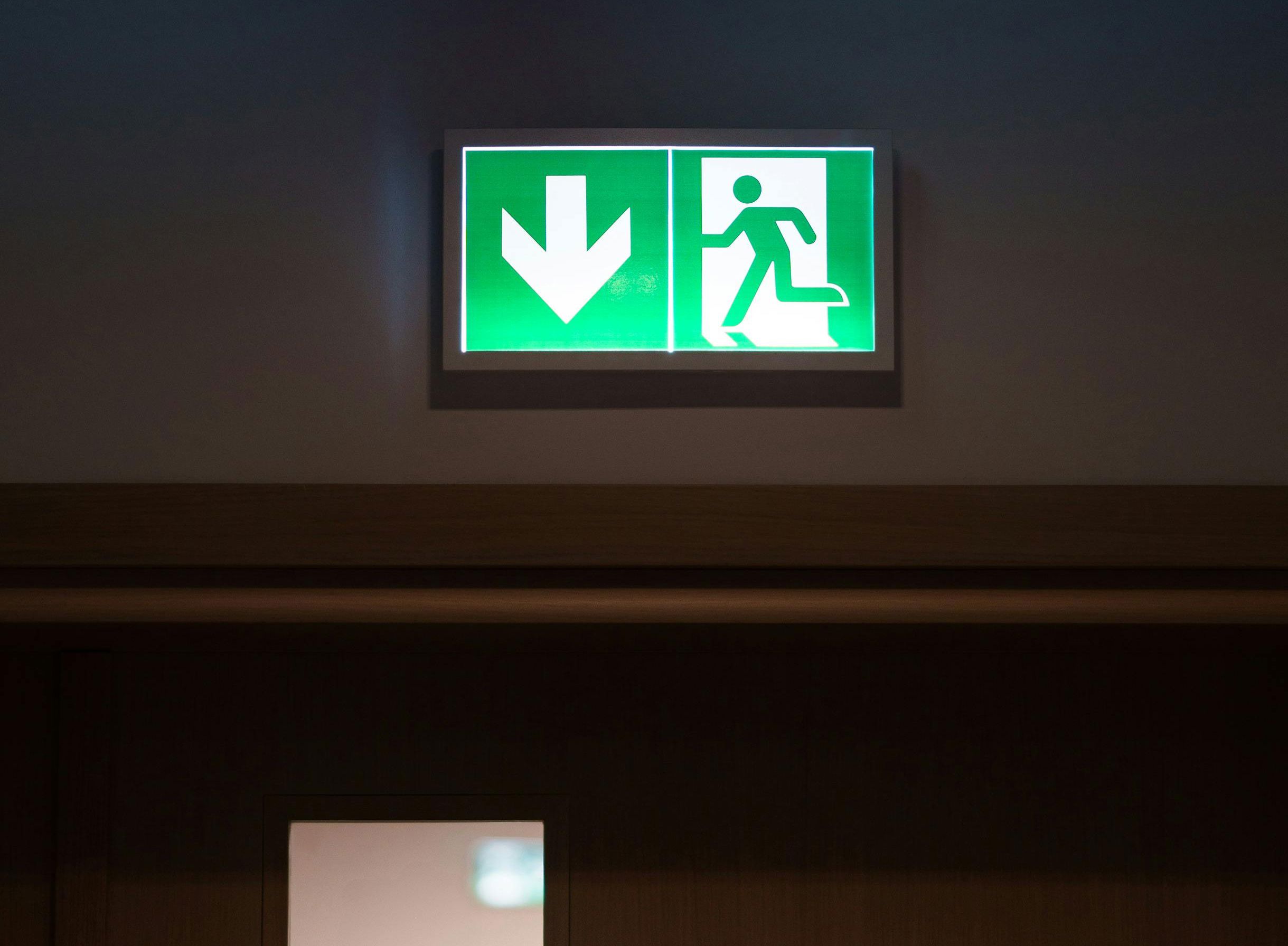When you look back over the last couple of years, it’s clear that the UK has seen an unprecedented shift to remote working from what is seen as the more traditional working practice of doing a ‘9-5’ at a desk in the office. The Covid pandemic forced millions of people to work from home and whilst it has been a challenging adjustment for many, the benefits of remote working can’t be ignored.
Of course, it’s important to note that not everyone is able to work from home. Those in roles that can’t be done remotely, such as those in manufacturing, retail, and hospitality will be required to attend work as normal and it does raise the question of what to do within businesses where there is a mixture of roles and different levels of flexibility in their ability to perform their role from home.
In the UK, remote working has become increasingly popular and the pandemic gave the practice a huge boost. Many businesses have seen a dramatic increase in productivity since their staff started working from home. This is because it gives employees more freedom and flexibility to structure their day to suit their own needs and preferences.
Remote working also has a positive impact on the environment. People are no longer commuting to and from work, meaning fewer cars on the roads. This reduces the amount of pollution and helps to conserve energy. It also saves businesses money on office space, as they can now host meetings virtually and don’t need to rent out physical meeting rooms.
Remote working had a huge impact on the UK economy. It created more jobs, as businesses are no longer limited by location when hiring. This has opened up new opportunities for people to work in different industries and roles, which has had a positive effect on the job market. Coupled with an increase in digital infrastructure, as businesses have invested in technology to facilitate remote working, this has helped to create new opportunities for technology companies to develop and sell products that help people to work from home.
There are two sides to every story (and then the truth) and as with most HR matters nowadays we need to approach things on an individual basis. There are positives to remote working but the lack of face to face meetings also means that some businesses have faced increasingly struggles to keep employees engaged, onboard new employees and maintain workplace cultures that were thriving before the pandemic forced people to their home offices.
There is likely to be legislation introduced soon that gives employees more rights to request flexible working (including remote and hybrid working) therefore business leaders may have to question whether more traditional methods are still appropriate for the business or whether it is time to embrace more ‘modern’ working practices.
As usual, Clear are here to support you talk through your strategic HR decisions; if you want to chat through your current working practices, discuss employees that are concerned about coming back into the office or how to keep employees engaged throughout remote working, please give us a call.






